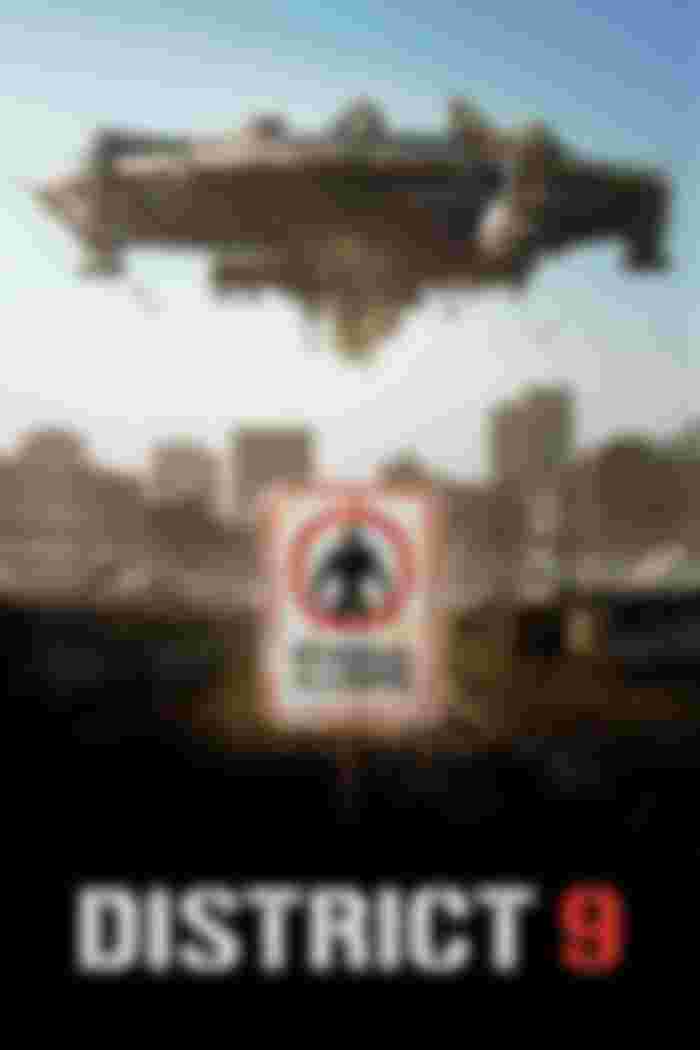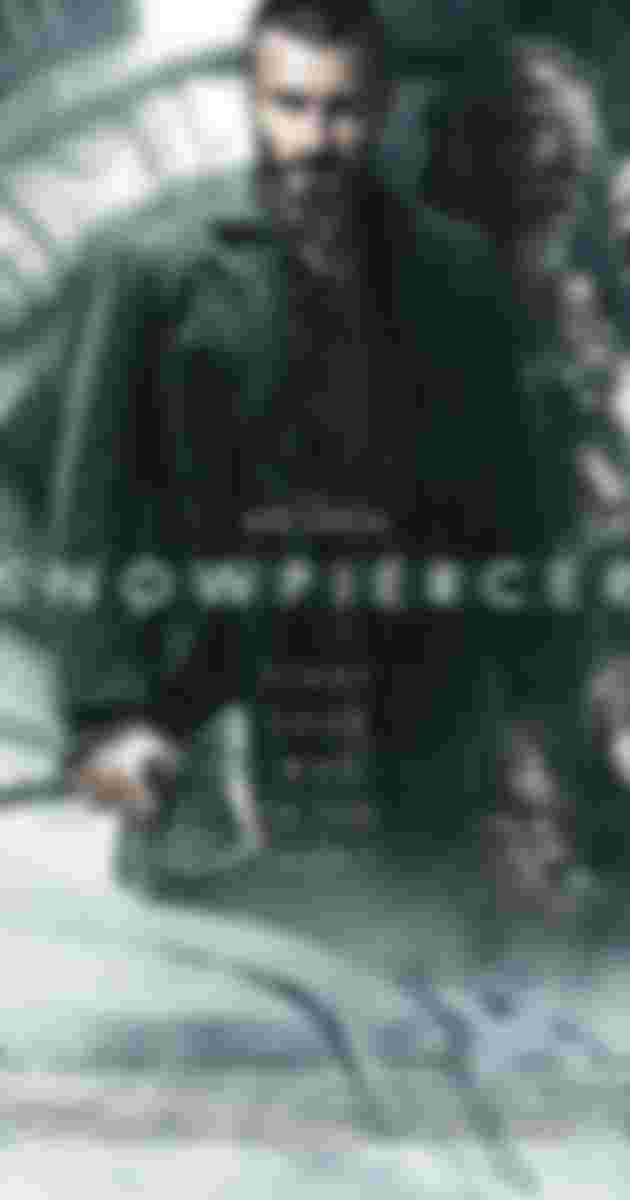I always like sci-fi films. Back in my schooldays, Malaysia send its first astronaut and I remember watching the TV feeling at awe. Maybe that's when I start exploring sci-fi genre and have not stopped looking for a good one since then.
Science fiction has been widely accepted as a genre and the concept has been implemented in many media ranging from literature to movies. Its effect is noticeable in constructing an argument, however far-fetched the idea is whether to discuss scenario of prolonged economic disparity (most dystopian sci-fi films) or to depict how infertility crisis lead to collapse in governments (Children of Men).
Artform That Let Us Imagine How The Future Would Look Like
Science fiction is a powerful tool that could be used to explore the pros and cons of an ideology and usually represented by utopia or dystopia. Generally, the idea of dystopia is more appealing to sci-fi fans as they portrays the pessimistic side of society and therefore, conveys an array of conflict that challenge the view of a certain ideology.

For example, a political dystopian novel, 1984, are set in Airstrip One (formerly Great Britain) and part of province of Oceania. They are controlled by a regime known as Ingsoc (English Socialism) that employs public manipulation by extreme government surveillance and introduction of invented, misleading language of Newspeak. Basic needs are provided by a euphemistically named Ministry of Plenty who is responsible for rationing foods and other economic affairs. As a claimed socialist super-state, the traces of capitalism in Oceania remains very minor and play little to no role in moving the story forward but remain in existent as shown by Mr Charrington, a sympathetic antiques dealer. This shows the difficulty in eradicating capitalism as a whole.
Frederick Jameson, Marxist literary critic, said, “It is easier to imagine the end of the world than to imagine the end of capitalism”.
Capitalism portrayed heavily in media and become rooted in the modern culture in the form of excess (best example is Wolf of Wall Street).
District 9 And Private Militarization

For sci-fi movies, the depiction differs. Capitalism and emergence of opportunistic corporation are portrayed in District 9 by Multinational United (MNU). In the movie, 20 years prior, an alien spaceship arrives above the city of Johannesburg and almost a million of its inhabitants, nicknamed “prawns” are confined to District 9, a government concentration camp managed by MNU. The local government is subjected to international pressure to manage and contain the “prawn” colonies and resort to hire MNU.
As a military company, they are provided an advantage in leading the research department on a more advanced military equipment. Therefore, the MNU executive, Piet Smit (Louis Minaar) resorts to unethical behaviours, even subjecting his son-in-law, Wikus van der Merwe (Sharlto Copley) to abusive medical experimentation.
Corporation such as MNU respond to incentives and it is revealed in the movie that Wikus is a valuable biological asset worth billions of dollars. For Piet, cost benefit analysis of monetary benefits outweigh the moral responsibility and Wikus is assumed to be the collateral damage for the corporation.
In reality, according to United Nations Mercenary Convention signed in 1989, private military company (PMC), which is depicted by MNU in the movie, is prohibited as they are considered as mercenaries but the reality is very much different. United Kingdom, United States, China and Russia are not signatories of the convention and the effect could be seen in the event of invasion of Iraq. United States employ over 100 000 contractors and according to the Secretary of Defense, Donald Rumsfeld, they were simply cost-effective and also not subjected to Uniform Code of Military Justice. Thus, this allows for inappropriate and unethical initiatives in times of conflict.
On the other note, the arrival of the “prawns” spawn a black market for illicit behaviour between them and the neighbouring human community. This involves an inflated price for food, weaponry and even interspecies prostitution. These activities were conducted by local gang members led by the superstitious Nigerian arms-dealer Obesandje (Eugene Khumbanyinwa). His belief, which is also shared by other gang members, creates a profitable market for “prawns” as their body parts were believed to be a cure for various diseases i.e diabetes even though there are no reliable source backing this theory. This behaviour exposes the profit-based mentality in the society and could lead to abandonment of traditional moral values. Thomas Sowell, an American economist, said,
“Capitalism only knows one color, green. All else is necessarily subservient to it, hence race, gender and ethnicity cannot be considered within it”.
The conflict in the movie mainly illustrates the struggle of “prawns” being treated as a second class citizens and they arises from MNU exploitation to harness their technology. The hidden agenda are hid behind the fear-mongering media as a distraction for general public.
Snowpiercer and Social Class Divide

Snowpiercer provides a view on effect of social disparity in society without capitalism. The movie set in a post-apocalyptic future where humans build a society in a train powered by perpetual engine.
After 16 years in the train, class-based society began to develop with the lower-class passengers residing at the tail section of the train while the elitists remain at the front end. They are kept in that condition to maintain social order as most of the labour is mechanised. As there are no free trade environment in the train, no opportunity is presented to the lower-class section to switch their social status. Therefore, the social class system makes no economic sense as the buying power disparity is non-existent and highly authoritative depending on the elitists’ demand.
Minister Wilford (Ed Harris) is the creator of the perpetual engine and maintained that the social system is necessary for the betterment of humanity and to keep them in order. Meanwhile, Curtis Everett (Chris Evans) led the rebellion against the conditions faced by lower-class section and forced their way to the front section of the train. However, in my point of view, the revolution is mindless and selfish as they present no better system to replace the previous one. However, as there are no currency being used in the train and limited available resources, this prevents capitalism to take place. This remains a problematique issue to discuss and the lower-class rebellion is merely a cynical nihilism approach to economic inequality.
As discussed in Snowpiercer, regulated free trade is necessary for the betterment of society but on the other hand, District 9, reveals the darker side of capitalism providing opportunistic corporation such as MNU to arise. As MNU’s agenda is about weapon development, highlights were given on its gruesome consequences. No focus were given on its potential on speculatively speaking, biological consequences i.e curing disease. Direct effect of capitalism on the society is deemed to be evil and promotes individualistic behaviour.
Snowpiercer may provide a view on a world without capitalism and this proves to be a chaotic world indeed. Challenges were faced by the society in terms of providing a better system to manage the resources to population. In the movie, solution is provided by ending their “world” and start anew. Beyond the movie, capitalism may arise for the new born society when goods start being produced and demand arises.
What Can We Learn
Philosophers and thinkers alike would argue about the inevitability of capitalism and how we could “change” the system but in my opinion, science fiction works mentioned above had depict the near-future society in which capitalism would not only triumph but prevails.


